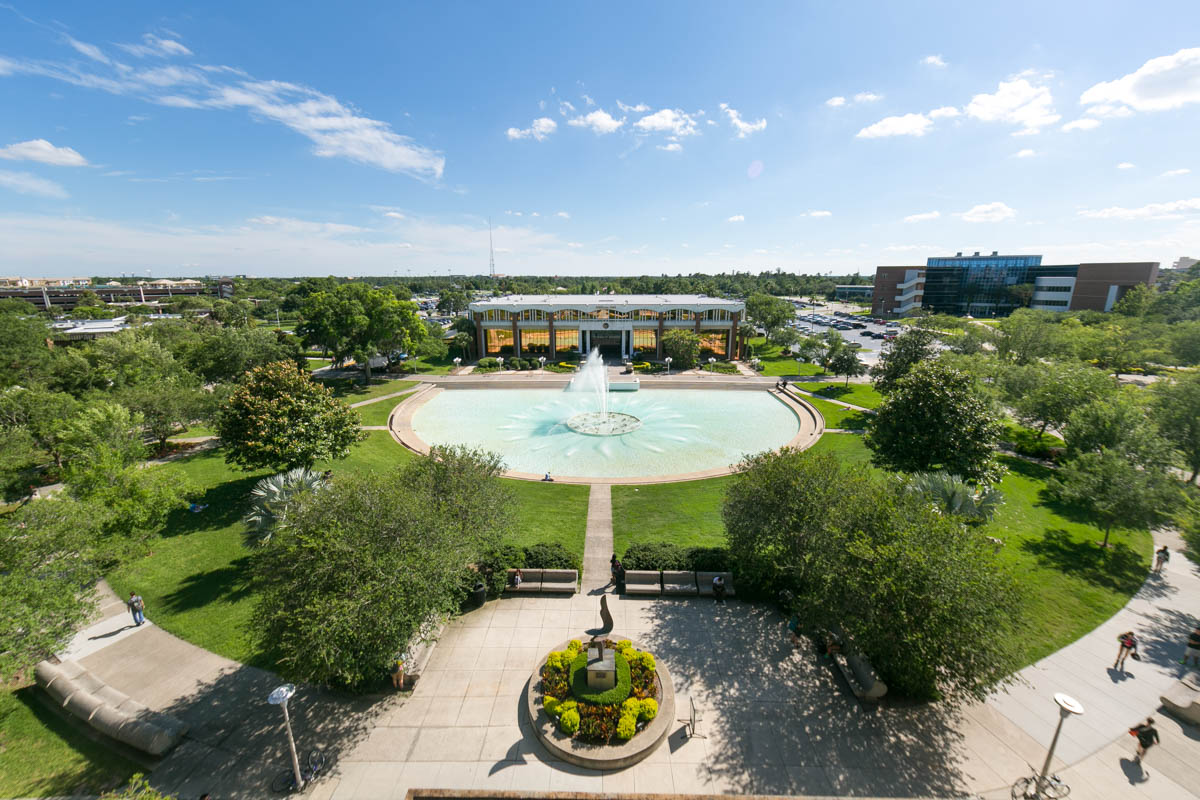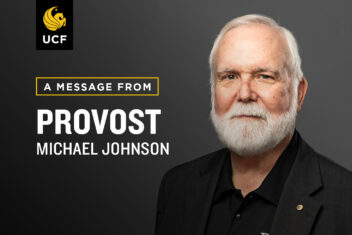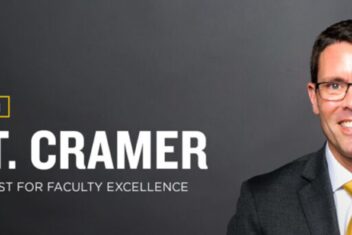I am pleased to welcome you back for fall and share what you most need to know for a successful start to this unusual semester.
This fall will be challenging – teaching in unusual circumstances, uncertainty about controlling the pandemic, the potential of a pivot to remote teaching, and the anxiety that all of us face about personal and family health.
I am grateful for your hard work in preparing to teach under these trying circumstances.
This message lists some of the resources developed by the Teaching in the Fall Task Force and other groups. Everything that I mention below and more is available at the Faculty Toolkit site.
Here are some of the main points, beginning with information for both on-campus and remote classes:
- The toolkit includes recommendations about pedagogy, contingency planning, and guidelines for successful online final exams.
- In your syllabi, please include required and recommended language developed by the task force so students have consistent information across all their courses.
- Be prepared to help students who fall ill or are quarantined to continue in your course. Please do not have mandatory attendance policies.
- Students with disabilities may have additional needs. For guidance, see the Student Accessibility Services webpage for faculty.
- Developing a culture of protecting one another is key to keeping our community safe. Please look at some of the ways everyone can help uphold our safety policy.
Additional information for on-campus classes:
- There is no expectation of on-campus office hours.
- A new UCF policy requires face covering and physical distancing in classrooms, among other places. If a student comes to class without wearing a face covering, please direct them to leave. If they refuse to comply, please report them to Student Conduct. If necessary, dismiss the class. Students who do not comply may face disciplinary consequences. Health and safety on campus requires all of us to follow this policy.
- If a student in an on-campus class falls ill, tests positive, etc., they report via the COVID phone line at 407-823-2509. This triggers a public health response. If everyone in a class has been wearing face coverings, and staying physically distanced, there will be minimal risk of COVID transmission. The health officials will determine whether there is a reason to test others in the class, isolate anyone, etc. Please do not try to carry out this important role yourself.
- It is particularly important not to have mandatory attendance policies for on-campus classes. We do not want symptomatic students to feel compelled to come to class.
- Please be prepared to provide course material to students who cannot come to face-to-face classes because of illness, quarantine, etc. This is intended to be temporary, not a means for students to take the course entirely remotely. One possibility is to make classroom instruction available remotely, e.g., using tools such as Webourses@UCF (Canvas), Panopto, or Zoom. For help with these tools, contact Webcourses@UCF Support at webcourses@ucf.edu or 407-823-0407. You are of course free to use other approaches (but technology support may be less available).
- Some of you are using the BlendFlex approach for your face-to-face courses. A spreadsheet of classrooms by campus that are being equipped with technology to support BlendFlex is available here. This site also provides more details about BlendFlex, video overviews of the model structure and classroom technology, a link to a short training module, and a link to a list of configured classrooms. If you need to support remote instruction in a room not on this list, please contact the Office of Instructional Resources at oir@ucf.edu.
- After Thanksgiving, the final week of classes and final exams will be remote. Classes do not end before Thanksgiving.
- If health conditions make it necessary, we may pivot at any time to fully remote teaching.
If you have questions or problems, please reach out for help. Talk with your chair or director.
This is a hard time for many in our community. Please, let us all care for our colleagues and our students. Our concern for one another will help us all overcome the challenges ahead.
Thank you.
Michael D. Johnson, Ph.D.
Interim Provost and Vice President for Academic Affairs


